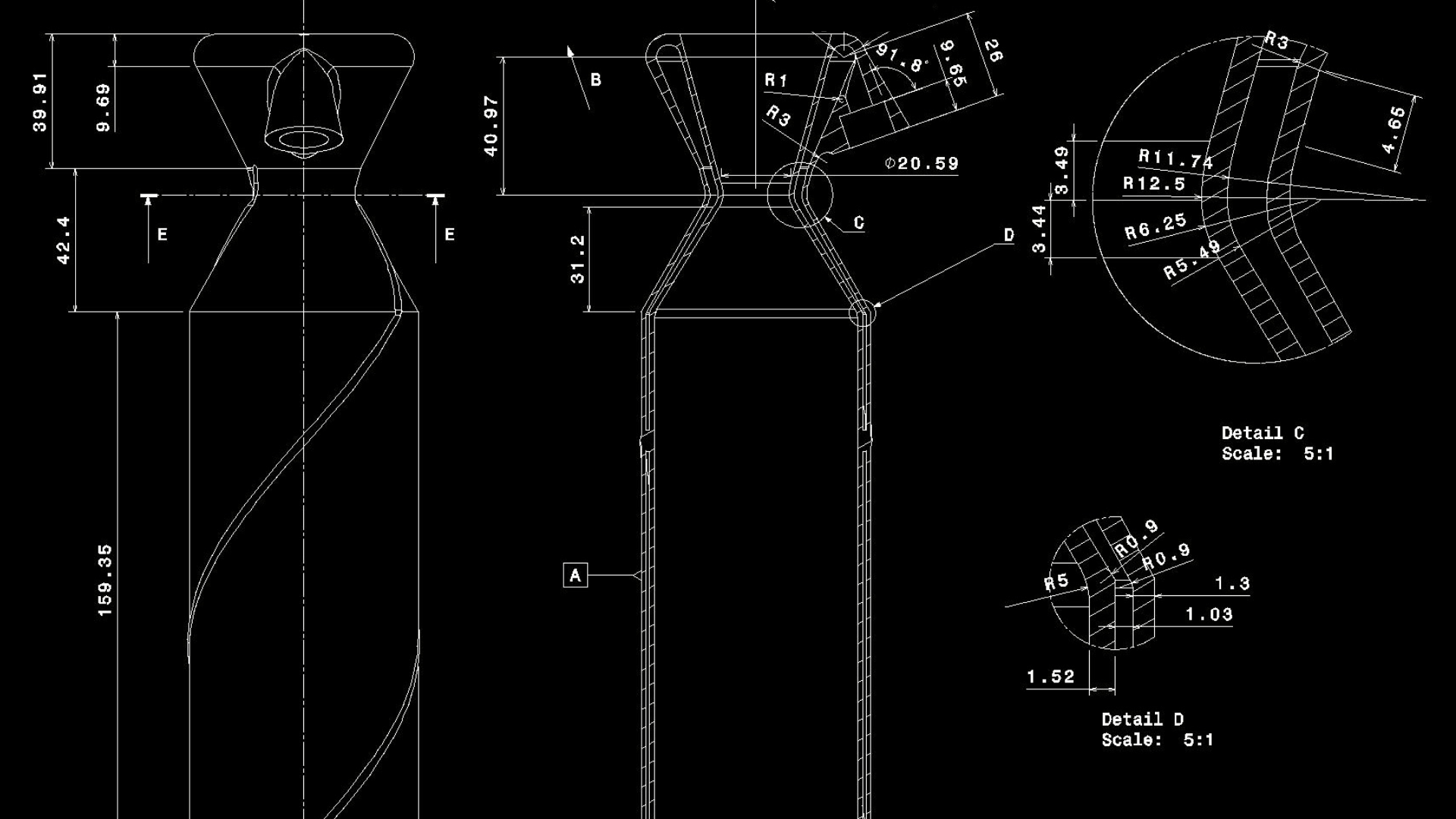By Edward Djan
A group of Ryerson students are preparing to launch their latest design to a new level at Canada’s premier rocket competition.
Ryerson Propulsion Group (RPG) is getting ready to showcase their liquid bipropellant rocket engine next year at Launch Canada, a nationwide rocket competition. Launch Canada was started back in 2018 to provide networking experience to Canadian students who are interested in the space industry.
Their first competition was supposed to take place back in 2020, but was postponed to 2021 due to COVID-19.
The winning team will receive part of the $30,000 raised for the three competition categories at Launch Canada for their rocket.
Founded in 2018, RPG specializes in propellant rocketry. Their liquid bipropellant rocket engine is powered by two liquid propellants, an oxidizer and fuel. According to RPG, this makes the engine much more powerful than a solid or hybrid rocket engine, but also harder to make.
The group is currently going into their testing phase, but with physical distancing restrictions in place due to COVID-19. RPG’s marketing specialist, Umar Shabbir, said beginning testing has been a challenge.
“How do you build something physical like a rocket engine all online?” he said.
RPG assembled a small team designated to carry out the testing phase in person, according to Shabbir.
Team director Matthew Ho said he considers COVID-19 as just another task the group needs to check off on their checklist.
“Coronavirus is this big terrible thing and it’s especially frustrating when it comes up during our first year when we are planning our regular testing, but at the end of the day it’s just another hazard to take into account.”
Currently, members of RPG are aiming for the engine to go as high as 10,000 feet (3,048 metres).
The idea for the group came about after some students at Ryerson wanted to create their own rocket engine, different from what the Ryerson Rocketry Club (RYC) has done in the past.
“For the longest time [RYC] always got their motors essentially out of a box which comes in a little do-it-yourself kit. [We] got to thinking, ‘Why don’t we build our own rocket engines,’” Ho said. “It’s a very complicated system; it’s a very good project in engineering. It’s difficult, but if it were easy what’s the point of doing it?”
“How do you build something physical like a rocket engine all online?”
After competing in Spaceport America with RYC in 2018, Ryerson alumnus Balin Moher decided to create RPG, having been inspired by other school groups building their own rocket engines.
The group hopes to work with RYC in the future and place their engine into RYC’s rocket body, making it a fully Ryerson-student made rocket.
The group says it’s been challenging finding the same support within the Ryerson community. They’ve had difficulties convincing the Faculty of Engineering and Architectural Science (FEAS) that their project is both safe and beneficial to students.
“The main concern was that we were a bunch of students who did not know what we were doing and that we would blow ourselves up. Rocketry inherently has some hazards that you can’t just get around, like a fire may break out,” Ho said. “It’s in everyone’s best interest not to let that happen. It took a lot of convincing to have the faculty sign-off on this and acknowledge that we were doing this safely and responsibly.”
For Shabbir, the project is an exciting way to learn engineering skills outside of classes.
“It lights a spark in you; the passion for actually being able to do something at the forefront of change within Canada itself,” he said.
“There’s a lot of technical skills that come into play when designing a rocket engine. The stuff you learn in a design team is ingrained in your brain way more than what you learn in class.”
The group also had to deal with the lack of resources from FEAS relating to liquid propulsion rocket engines. However, the group has received backing from various organizations in the space industry, such as Continuum Aerospace and Swagelok.
“We never had Ryerson sanctioned lab space, but what we do have is the support of some people who are very supportive of amateur and student rocketry. They have all the resources and facilities needed to conduct small scale rocketry testing,” Ho said.
Regardless of the group’s performance at Launch Canada, some employers are already taking notice of their work.
“I was applying for co-ops last year and had no problem getting interviews, no problem getting calls back, while a lot of my friends who had similar experience shot their applications into a void,” Ho said.
“I do think an experience like this, where you can actually extend what you learn in class and apply it further, is what a lot of people hiring are looking for.”













Leave a Reply